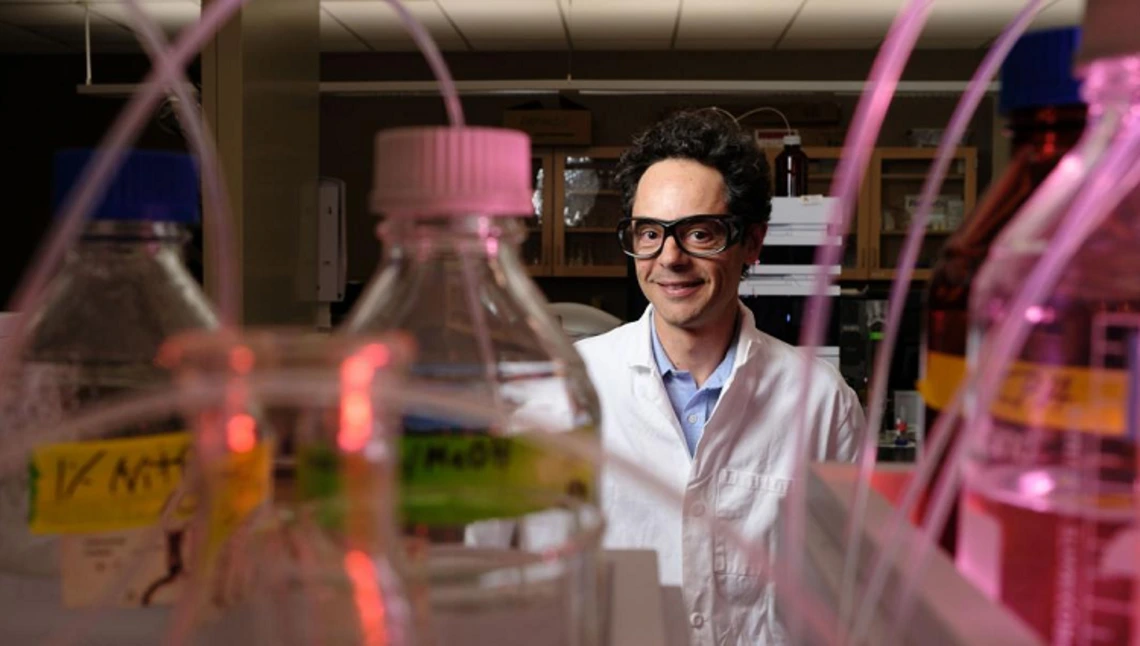Achilli Leads $4M Sustainable Water Use Consortium

CHEE associate professor Andrea Achilli is the principal investigator on a new project the brings the University of Arizona together with the University of Southern California and the University of Nevada, Reno to improve water security in the southwestern United States. The Consortium for Potable Water Reuse will bring together experts in diverse fields to advance water treatment technologies, make water reuse systems more efficient and drive sustainable practices.
UA has received $4 million for phase one of the project from the U.S. Army Engineer Research and Development Center's Construction Engineering Research Laboratory. Phase two includes an additional $3 million, with potentially a third phase of another $3 million.
"We are the leading schools that do research on water reuse in the Southwest, which is where alternative water sources and potable use is needed," said Achilli, who also serves as a researcher at the university's Water and Energy Sustainable Technology, or WEST, Center. "What we want to do is to allow for self-sufficiency and resiliency in the Southwest."
Achilli believes decentralized water treatment systems, which manage water at the neighborhood level – or, in densely populated areas, even the building level – are key to better enabling water reuse. Some cities and large companies, such as Intel, are already experimenting with this. Achilli draws a comparison to the growing popularity of home solar panels.
"Water is messy, but I think the way we are going to deal with water is the same way we are starting to deal with other major systems, like the electric grid," he said. "If we really want to enable water reuse, we need to transform the systems from centralized – like we've been doing for the past 100 years – into decentralized, autonomous systems."
Avoiding moving water back and forth between a neighborhood and a treatment plant saves energy, time and money. It also allows people to be more familiar with their water sources; for example, residential systems will only have residential pollutants, Achilli said.
“My vision for the future of water reuse: if we want to make potable, reusable water we need to switch from centralized treatment systems — the way it is now is that we treat all the water in one place and then we distribute it — into a decentralized system so that it’s closer to the users,” Achilli said in an interview with the Tucson Sentinel.
